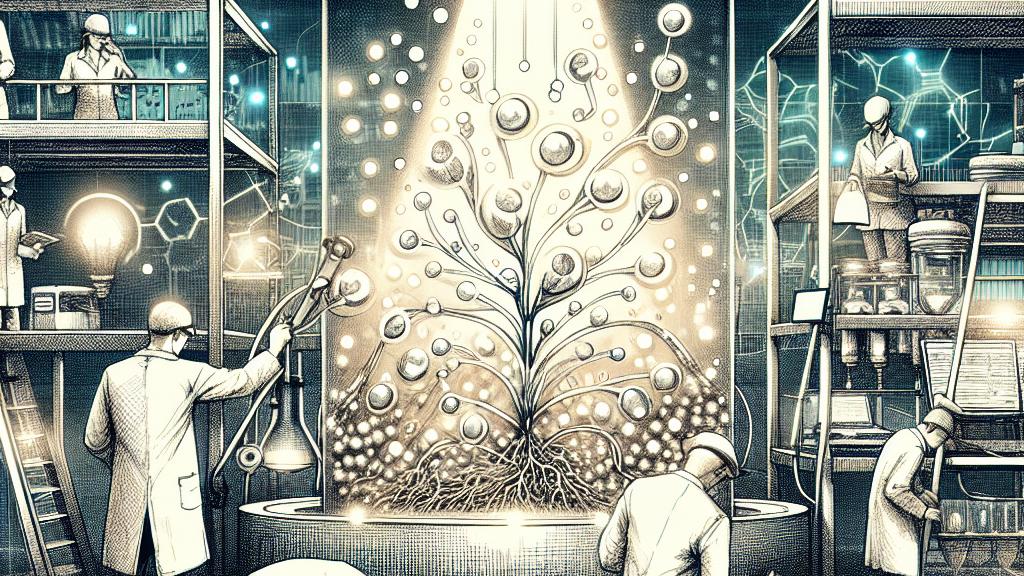Nanoparticles Help Plants Absorb Genetic Material for Better Crops
Overview
- Cutting-edge nanoparticles enable plants to absorb genetic materials through their roots.
- This innovative method significantly accelerates crop improvement over traditional techniques.
- University of Queensland's groundbreaking research showcases a new era in agricultural science.

A Revolutionary Method in Agriculture
At the forefront of agricultural innovation, researchers at the University of Queensland in Australia have made a stunning discovery that could revolutionize the way we cultivate crops. By harnessing the power of nanoparticles, they have created a method to deliver essential genetic material directly to the roots of plants. This breakthrough is not just a minor tweak in existing methods; it represents a seismic shift away from traditional breeding and genetic modification techniques that can take decades to yield results. Picture this: instead of waiting years to see the fruits of labor, farmers might soon cultivate enhanced crop varieties in mere months! As Professor Bernard Carroll enthusiastically points out, this technology could rapidly accelerate the process and cut costs, addressing the urgent food demands posed by our ever-growing population.
How This Technology Works
So, how do these ingenious nanoparticles actually function? It all begins with their remarkable design. Coated with a unique protein, these tiny particles can gently penetrate the rigid cell walls of plants. Imagine a key that softly unlocks a door—that's how these nanoparticles enter the cells! Once inside, they deliver synthetic messenger RNA (mRNA), which carries vital instructions for the plants. This mRNA essentially teaches the plants how to produce important proteins needed for optimal growth and resilience. For instance, in experimental trials, the nanoparticles were shown to disperse efficiently throughout the plant, using water as a transport medium, thereby ensuring widespread distribution of the mRNA. This dynamic capability not only enhances the plants' ability to grow but could also dramatically improve their resistance to diseases and environmental stressors, leading to healthier, more robust crops.
A Promising Future for Agriculture
Now, let's envision the myriad possibilities that lie ahead in the agricultural realm. With this nanoparticle technology, farmers could swiftly confront challenges like unpalatable produce or nutrient deficiencies, potentially eliminating the lengthy wait associated with conventional crop development. Imagine biting into a fruit that's bursting with flavor, all thanks to rapid genetic enhancements. With further validation of this remarkable technology, we could see a dramatic improvement in global food security, allowing us to produce an abundance of tasty, nutritious options to feed our planet. It's not just about faster farming; it's about a sustainable, efficient way to nurture our future. The potential is limitless—this pioneering application of nanotechnology could lead us to a world where everyone has access to healthier, more enriching food!

Loading...